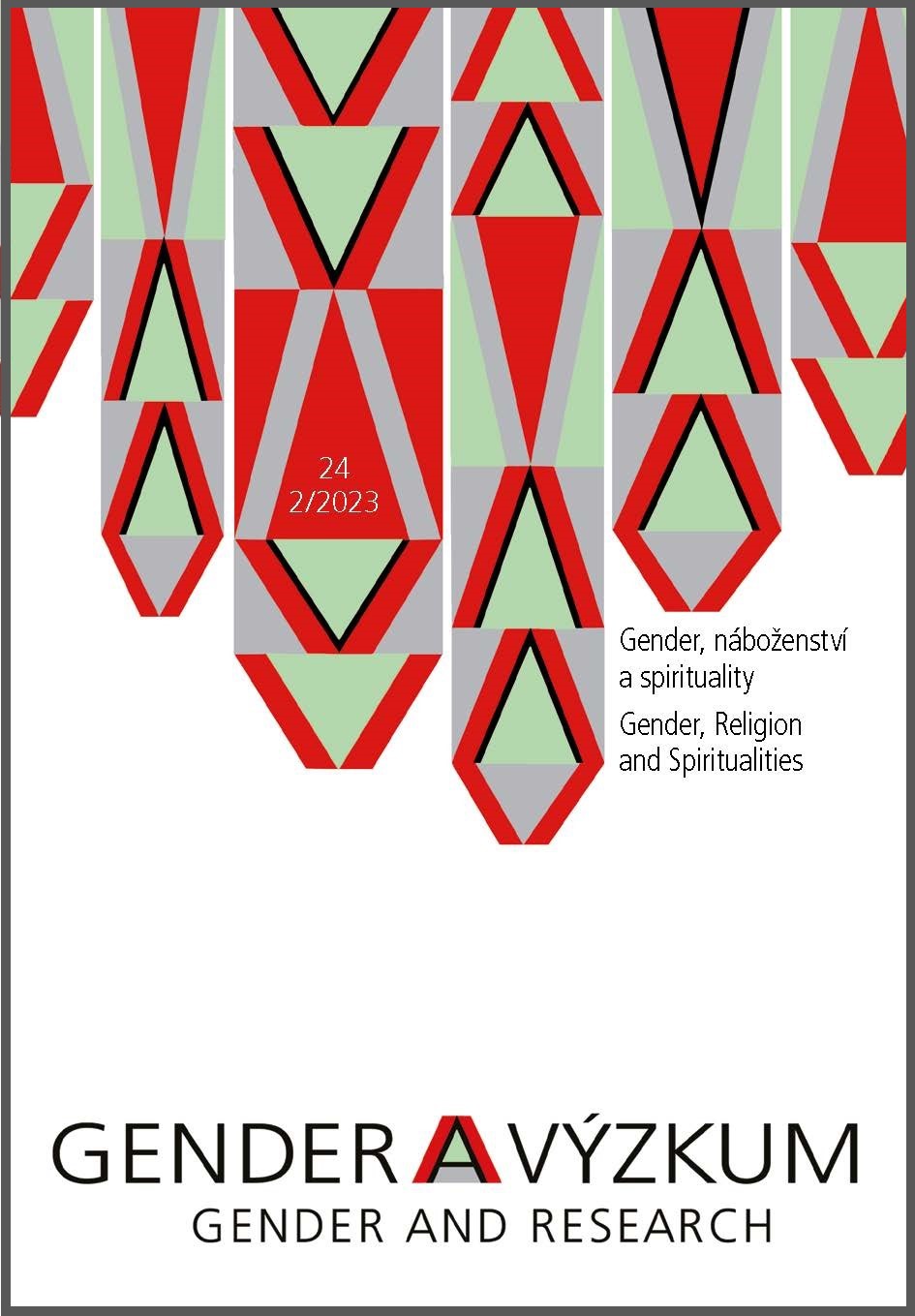Rejecting ‘Do Not Destroy’ When it Comes to Nature: An Ecofeminist Argument to Expand the Traditional Jewish Category of the Poor to Include Nature and Its Care
Rejecting ‘Do Not Destroy’ When it Comes to Nature: An Ecofeminist Argument to Expand the Traditional Jewish Category of the Poor to Include Nature and Its Care
Author(s): Ivy HelmanSubject(s): Social Sciences, Gender Studies, History of Judaism, Sociology of Religion
Published by: AV ČR - Akademie věd České republiky - Sociologický ústav
Keywords: ecofeminism; Judaism; the poor
Summary/Abstract: This work of constructive Jewish ecofeminism argues for an expanded category of the poor to include nature, as both nature and the poor have similar states: they are in need. After a survey of the Torah and the tannaim, the author concludes that both sources do not define the category of the poor as anything more than those in need, thus we are well within our means to make the change. In addition, the current state of the environment, detailed by the most recent IPCC report, illustrates just how much the environment is in need. In this expansion of the category of the poor, the author also critiques traditional Jewish models of what constitutes care and suggests instead Carol Gilligan’s ethics of care as a starting point towards a more holistic, feminist understanding of the care. This argument to expand the category of the poor is not possible without also a survey of traditional Jewish understandings of nature and embodiment because how Jews understand the divine is related both to our bodies and to how we treat nature. As part of this, the author examines contemporary Jewish scholarship, both ecofeminist and not, in search of various models for understanding the relationship between humanity, nature, and the divine, which lend themselves towards a more ecofeminist Judaism
Journal: Gender a výzkum
- Issue Year: 24/2023
- Issue No: 2
- Page Range: 97-119
- Page Count: 23
- Language: English

